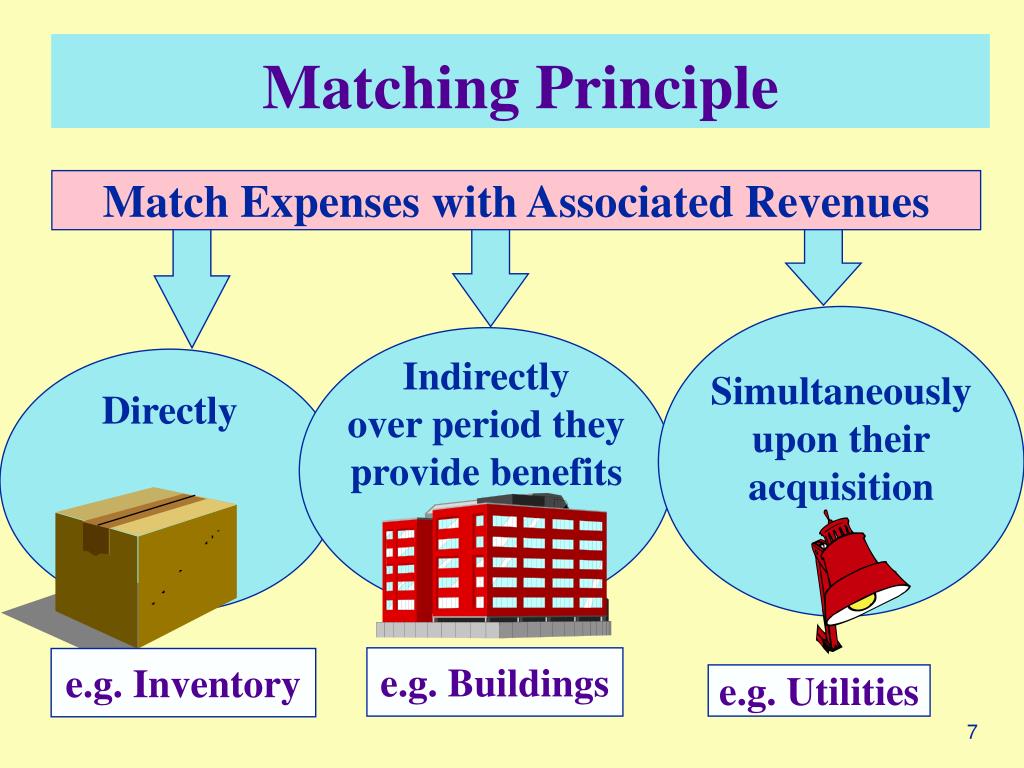
The going concern approach utilizes the standard intrinsic and relative valuation approaches, with the shared assumption that the company (or companies) will be operating perpetually. How Does the Going Concern Approach Impact Valuation? the company will remain in existence indefinitely – comes with broad implications on corporate valuation, as one might reasonably expect.

#ACCRUAL ACCOUNTING MATCHING PRINCIPLE HOW TO#
How to Mitigate the Going Concern Risk?Īt the end of the day, awareness of the risks that place the company’s future into doubt must be shared in financial reports with an objective explanation of management’s evaluation of the severity of the circumstances surrounding the company. twelve months), then management has failed its fiduciary duty to its stakeholders and has violated its reporting requirements. In the case there is substantial yet unreported doubt about the company’s continuance after the date of reporting (i.e. In addition, management must include commentary regarding its plans on how to alleviate the risks, which are attached in the footnotes section of a company’s 10-Q or 10-K. More specifically, companies are obligated to disclose the risks and potential events that could impede their ability to operate and cause them to undergo liquidation (i.e. – to understand the true financial health of the company. Under GAAP standards, companies are required to disclose material information that enables their viewers – in particular, its shareholders, lenders, etc. there are potential catalysts that could raise significant concerns – the company’s financials should still be prepared on a going concern basis.

The formal definition of the term “going concern” per GAAP / FASB can be found below.įASB Going Concern Disclosure Requirements (Source: FASB)Įven if the company’s future is questionable and its status as a going concern appears to be in question – e.g. In the absence of the going concern assumption, companies would be required to recognize asset values under the implicit assumption of impending liquidation. the expected number of years in which the fixed asset will continue to contribute positive economic value. The reason the going concern assumption bears such importance in financial reporting is that it validates the use of historical cost accounting.įor instance, the value of fixed assets (PP&E) is recorded at their original historical cost and depreciated over their useful life, i.e. The going concern principle is a fundamental accrual accounting principle that assumes a company will continue operating indefinitely for the foreseeable future.

What is the Going Concern Principle in Accounting?

The Going Concern Assumption is a fundamental principle in accrual accounting, stating that a company will remain operating into the foreseeable future rather than undergo a liquidation.


 0 kommentar(er)
0 kommentar(er)
